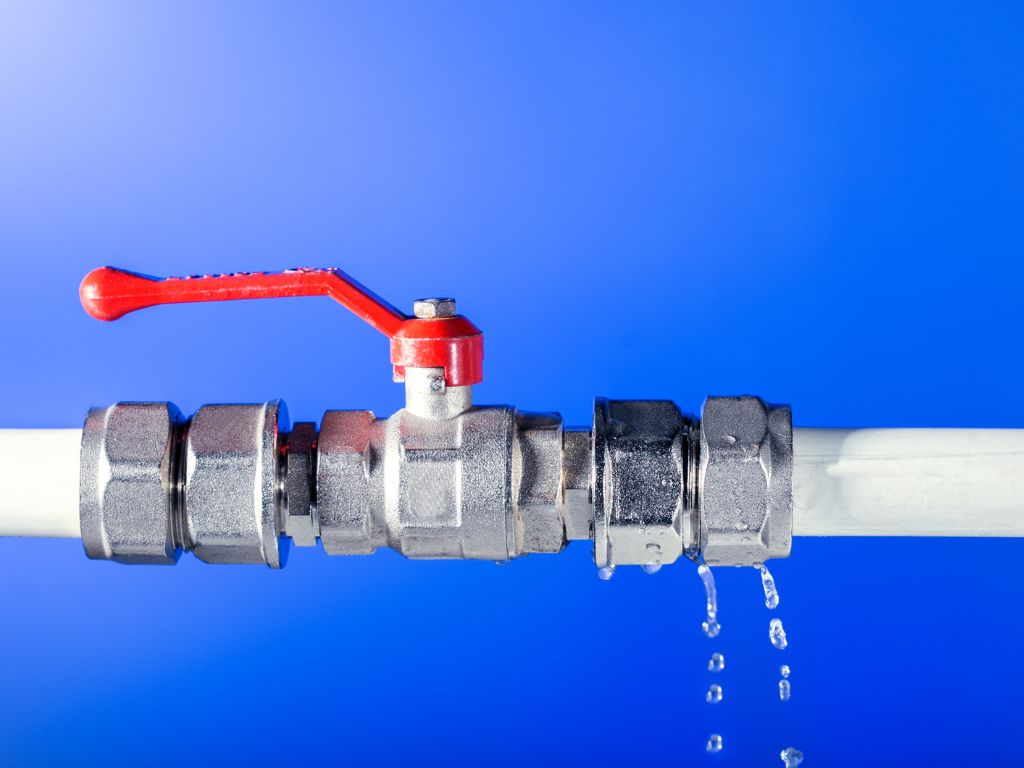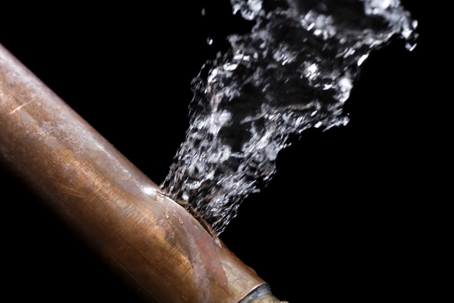Steps to Fix Critical Plumbing Problems Before Specialist Help Arrives
Steps to Fix Critical Plumbing Problems Before Specialist Help Arrives
Blog Article
The article down below about Plumbing Emergencies: Tips on What To Do Before is extremely interesting. Don't miss out on it.

Pipes emergencies can strike at any time, creating tension and possible damages to your home. Whether it's a burst pipeline, a clogged up drainpipe, or a leaky tap, understanding how to take care of the situation till an expert plumber gets here can save you from further complications. This write-up offers crucial emergency situation plumbing ideas to help you alleviate damage and reclaim control during a pipes crisis.
Shut off the Water
The initial step in any kind of plumbing emergency situation is to shut off the water system. For localized problems, such as a dripping faucet or bathroom, switch off the shutoff near the fixture. When it comes to a major leakage or ruptured pipe, situate your home's main water shut-off shutoff and transform it off right away. Understanding the area of these shutoffs ahead of time can save useful time throughout an emergency.
Shut down Your Water Heater
In specific emergency situations, such as a burst pipe, it's important to shut off your water heater. This stops getting too hot or damage to the system when water quits flowing. Shut off the power supply to the hot water heater (electric or gas) and let it cool off to stay clear of potential risks.
Briefly Quit a Burst Pipe
A ruptured pipeline can lead to considerable water damages in mins. To minimize the concern:
Call a specialist plumber right away to resolve the problem permanently.
Have an Emergency Pipes Package
Prepare a basic plumbing emergency situation package to handle minor problems properly. Your kit needs to include:
Having these tools handy can make a substantial difference in your capability to take care of emergencies.
Unclog Drains Pipes Safely.
A blocked drainpipe can be a frustrating and messy problem. Below's how to tackle it:.
If these methods don't work, prevent utilizing too much pressure, as it might get worse the clog.
Manage Overflowing Toilets.
An overflowing toilet can cause prompt disorder. Below's what you need to do:.
Address Small Leakages with Short-term Solutions.
Little leaks can promptly come to be considerable problems if left uncontrolled. Utilize these short-term fixes till expert help gets here:.
While these solutions aren't permanent, they can aid reduce water loss and damages.
Handle Frozen Piping Thoroughly.
In colder environments, frozen pipelines are a common emergency situation. If you think an icy pipeline:.
Know When to Call a Specialist.
While quick fixes can help momentarily, certain plumbing concerns call for immediate expert focus. Call a plumber if:.
Immediately speaking to a professional makes certain the issue is dealt with correctly and avoids additional issues.
Protect against Further Damage.
Taking quick action to reduce damage can save you money and time in the future. Below's just how:.
Verdict.
Pipes emergency situations can be frustrating, but with the right expertise and devices, you can take care of the scenario successfully up until assistance arrives. By turning off the water supply, resolving little leaks, and making use of momentary repairs, you can reduce damage and maintain your home safe. Bear in mind, these ideas are momentary services; always consult a licensed plumbing professional to take care of the root cause of the problem. Prep work and fast thinking are your best allies in any kind of pipes emergency.
8 Helpful Tips for Managing Plumbing Emergencies at Home
If your plumbing system hasn’t failed once, wait for it because almost everyone has a story to tell. Sometimes, it could be simple emergencies such as a leaking pipe, a blocked cistern, or even a big burst pipe. In situations like this, you need to have some handy tips to save you some money and from possible damages.
Take care of minor issues early.
Sometimes, you could have avoided an emergency by taking proactive measures while it was still early. Some major plumbing emergencies can be a result of an ignored minor issue. We recommend that you have items like plumbing tapes and other related items. A plumbing tape can allow you to manage minor leaks before the plumber arrives.
Cut off the water supply.
This tip is essential in almost any type of leakage problem. For problems like minor leakages in the toilet or kitchen, turn off the supply that takes water to the affected pipes. If the leakage is a major pipe, you must shut off the supply valve to the entire building. This will help you avoid flooding your home and neighbors if you share a flat.
Know your plumbing system
Folks typically move into a new apartment without understanding the water supply around the building. This can prove disastrous if a water emergency arises and the plumber is far away. The previous tip will prove useless if you don’t practice this one. More importantly, know where your water shut-off valve is located – you’ll need that knowledge to prevent potential home floods.
Have some common handy tools
There are lots of plumbing emergencies that you can handle without hiring a plumber. That’s why you must keep some tools available always. Some tools that you can use to fix simple plumbing emergencies easily include plumbing tapes, screwdrivers, thread seal tapes, plungers, pliers, tape measures, and rubber gloves.
Insulate your pipes from cold
You’ll save yourself from many plumbing expenses if you protect your water pipes from the cold. This is because of the harmful effects that cold weather can have on your pipes. During winter, your pipes can burst from being overly expected to freezing temperatures. So, make sure insulators are there to keep the pipes working correctly.
Avoid practices that will clog your toilet.
Many people indulge in practices that can damage the plumbing system of the entire building. One of these is when they use their toilet to dispose-off garbage. They flush all kinds of things, such as paper towels, bandages, hairs, female sanitary products, etc., down the toilet. This will block your toilet in the long run, incurring unnecessary expenditures. Dump such waste in the trash instead.
Check your dials regularly.
Sometimes, there could be leakages in your home without noticing them in time. So, constantly monitor your water meter dial. If the dial is reading when there is nobody using water, this is an indicator that there is leaking. Check for leaks immediately. Call a plumber as soon as possible if you can’t find any.
https://www.constructionplacements.com/8-helpful-tips-for-managing-plumbing-emergencies-at-home/

I stumbled upon that article on Expert Tips for Managing a Plumbing Emergency Until Help Arrives while doing a lookup on the internet. Those who enjoyed reading our post please remember to pass it around. Bless you for being here. Don't hesitate to visit our site back soon.
Here Report this page